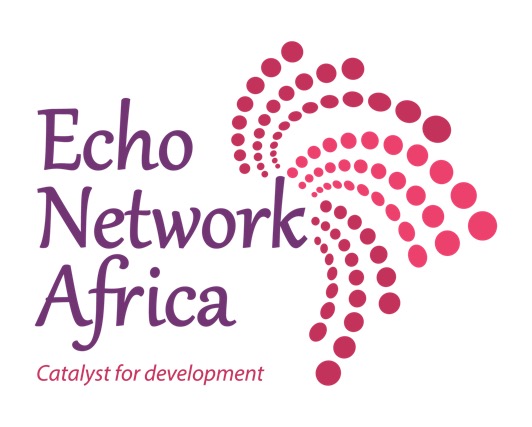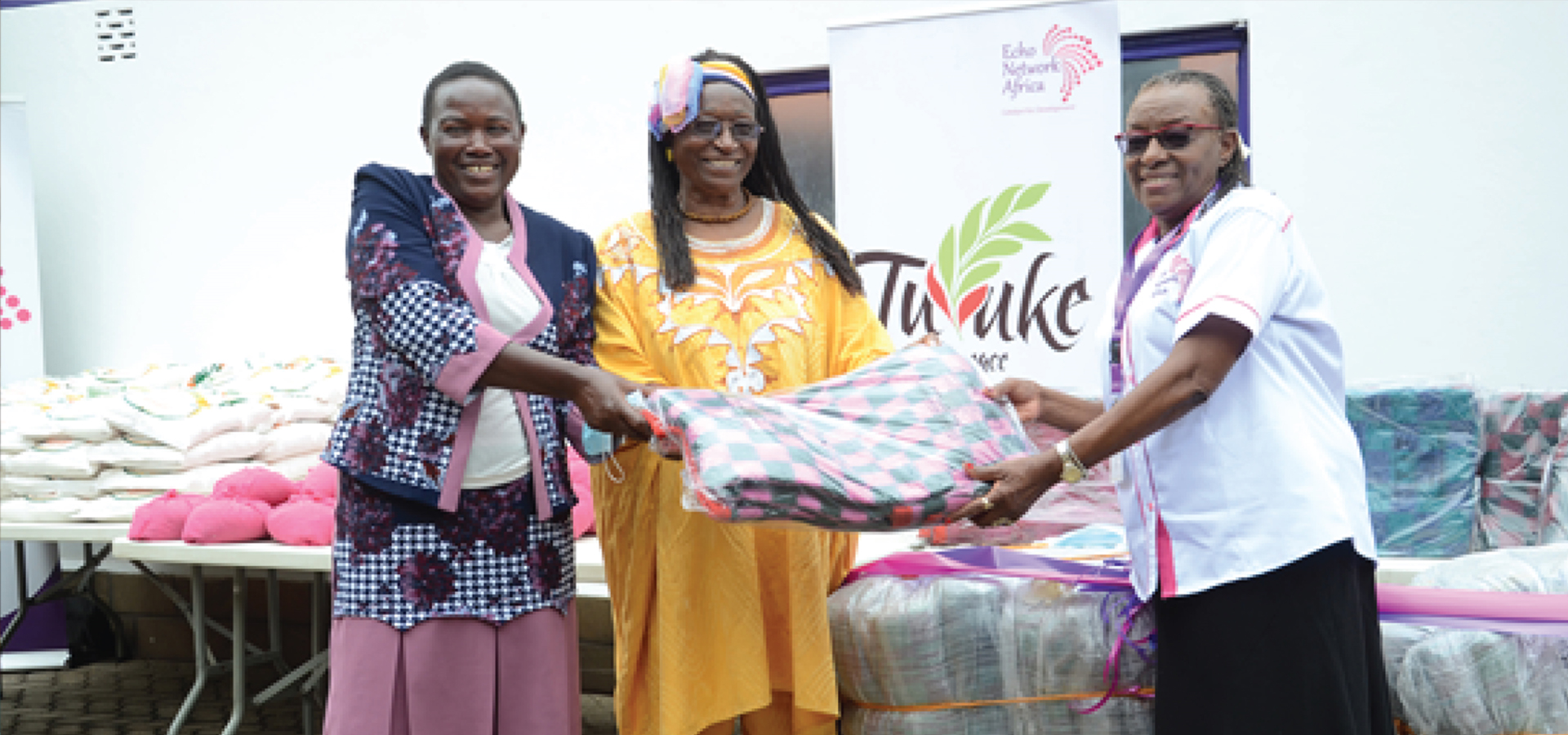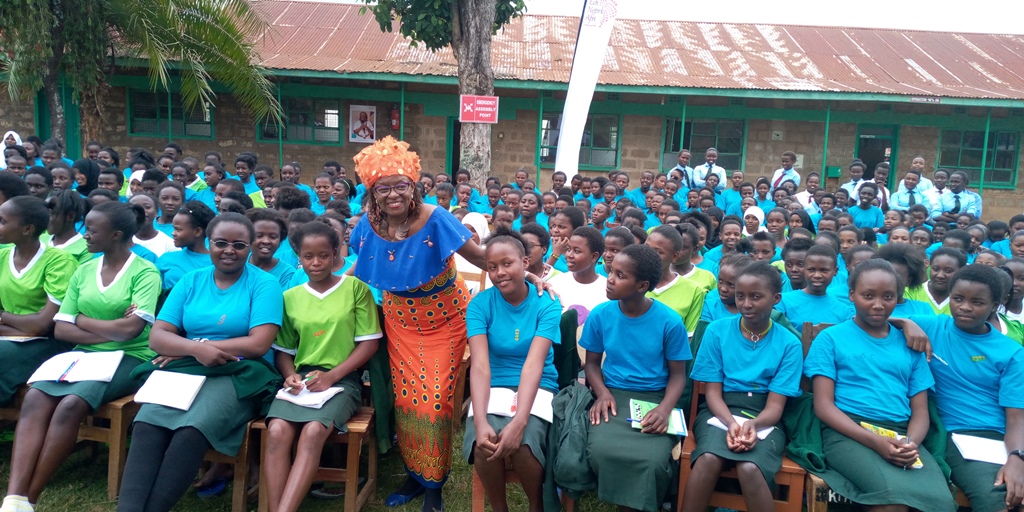Peace and Conflict Resolution
ENA has been at the forefront of peace-building initiatives across the Country since 2011. The Initiative has implemented programs in peace and conflict interventions, women participation in electoral processes as well as media engagements.
It was successful in strengthening peace building initiatives through local community interventions that helped to prevent, mitigate, and respond to politically instigated conflict. ENA has used media platforms to enhance constitutionalism among Kenyans through the national values and principles of governance using of peace messaging.
Through this interventions communities were empowered to take full ownership of their own safety contributing significantly to their overall security hence becoming important partners with government security agencies.
In this area ENA works with partners with enormous experience in peace building, human rights, inclusion constitutionalism, rural livelihoods and gender issues .
Overarching Objective
To contribute to national peace and entrench a sustainable peace movement through active and inclusive public participation of women to cultivate a culture of constitutionalism in Kenya. Peaceful, fair, and Just Society.



